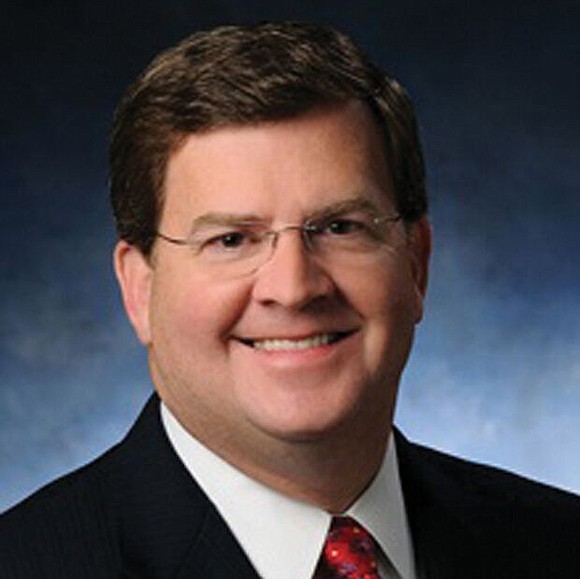Churches, nonprofits to be hit with taxes under new federal code
Free Press wire reports | 6/30/2018, 10:04 a.m.
WASHINGTON
Republicans have quietly imposed a new, but limited tax on churches, synagogues and other nonprofits, a little-noticed and surprising change that could cost some groups tens of thousands of dollars.
The GOP’s recent tax code rewrite requires churches, hospitals, colleges, orchestras and other historically tax-exempt organizations to begin paying a 21 percent tax on some types of fringe benefits, including parking and meals they provide to their employees.
That could force thousands of groups that have long had little contact with the IRS to suddenly begin filing returns and paying a limited amount of tax for the first time.
Many organizations are stunned to learn of the change in the tax law — part of a broader Republican effort to strip the code of tax breaks for employee benefits like parking and meals — and call it a significant financial and administrative burden.
It also means political peril for GOP lawmakers, who might have been unaware of the provision when they rammed the tax plan through Congress earlier this year over Democratic opposition.
Churches’ tax-exempt status, in particular, has long been considered sacrosanct, and Republicans are relying on some factions, including the evangelical faithful, to back them in the November elections.
“There are going to be huge headaches,” said Galen Carey, vice president of government relations at the National Association of Evangelicals, an umbrella group of evangelical Christian organizations. “The cost of compliance, especially for churches that have small staffs or maybe volunteer accountants and bookkeepers — we don’t need this kind of hassle.”
The Jewish Federations of North America is looking at a new $75,000 tax bill this year because of the change.
“A lot of people are just finding out about it and the more people find out about it, the more pressure there will be on Treasury and Congress to either delay implementation or consider changing this,” said Steven Woolf, senior tax policy counsel for the group.
Because the organizations don’t pay income taxes, lawmakers couldn’t take away deductions for fringe benefits as they did for private companies. So instead, they created a 21 percent tax on benefits like free parking in a lot or a garage and on subway and bus passes that nonprofits provide, just as some private businesses do.
The new law also taxes meals that nonprofits as well as private companies provide to workers. In some circumstances, the new law applies the tax to gym memberships provided to employees.
“What we’re talking about is an income tax on the church for providing parking to its employees — that’s what we’re talking about,” said Mike Batts, chairman of the board of the Evangelical Council for Financial Accountability, which is circulating the petition denouncing the tax. “It’s absurd.
“The whole idea of tax exemption for nonprofit organizations that are doing charitable, religious and educational work is for them not to be on the same playing field as for-profit businesses when it comes to taxes, in order to incentivize the good work they do to make our society better,” said Mr. Batts, who also is managing partner of an accounting firm that specializes in religious nonprofits.
He and others complain that, thanks to nonprofits’ tax-exempt status, many don’t have staff experts who can help them understand which benefits are subject to tax.
They also note that while for-profit companies also can no longer deduct such fringe benefits from income, those companies simultaneously got big cuts in their tax rates and new incentives for investments that more than made up for the lost deductions.







